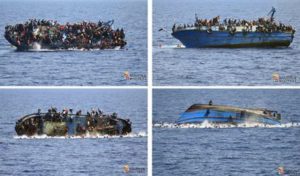 [spider_facebook id=”4″]There is a certain pattern to reports of overcrowded boats sinking in the Mediterranean: (1) Eritreans hear the news and beg God, “please don’t tell me they were Eritreans”; (2) Western journalists report that, indeed, many or most were Eritreans; (3) Assenna.com, an Eritrean website, interviews survivors or witnesses; (4) Supporters of the Government of Eritrea deny that they were Eritreans and, in fact, are Ethiopians pretending to be Eritreans or, if they are Eritreans, they have nobody to blame but themselves and the United States. And that’s exactly what happened here except that there were three ships involved and, according to the UNHCR, more than 700 people died and “UNHCR says it is now certain that last week was the deadliest since April 2015…” and the United Nation’s Children Fund said that “many of the migrants who drowned in the past week were believed to be unaccompanied adolescents.” According to an AP report: Most of the people on board were Eritrean, according to Save the Children, including many women and children. There is always one terrible quotation in these tragedies and in this case it was supplied by an 13 year old Eritrean named Kidane who was quoted by AFP saying, “”I saw my mother and 11-year old sister die.” Here’s Assenna.com’s interview with a witness, Mihretab:
[spider_facebook id=”4″]There is a certain pattern to reports of overcrowded boats sinking in the Mediterranean: (1) Eritreans hear the news and beg God, “please don’t tell me they were Eritreans”; (2) Western journalists report that, indeed, many or most were Eritreans; (3) Assenna.com, an Eritrean website, interviews survivors or witnesses; (4) Supporters of the Government of Eritrea deny that they were Eritreans and, in fact, are Ethiopians pretending to be Eritreans or, if they are Eritreans, they have nobody to blame but themselves and the United States. And that’s exactly what happened here except that there were three ships involved and, according to the UNHCR, more than 700 people died and “UNHCR says it is now certain that last week was the deadliest since April 2015…” and the United Nation’s Children Fund said that “many of the migrants who drowned in the past week were believed to be unaccompanied adolescents.” According to an AP report: Most of the people on board were Eritrean, according to Save the Children, including many women and children. There is always one terrible quotation in these tragedies and in this case it was supplied by an 13 year old Eritrean named Kidane who was quoted by AFP saying, “”I saw my mother and 11-year old sister die.” Here’s Assenna.com’s interview with a witness, Mihretab:
One of the principles of the World Health Organizations (WHO) is that “health is a state of complete physical, mental and social well-being and not merely the absence of disease or infirmity.” WHO had its 69th World Health Assembly in May, and a spokesperson for the Government of Eritrea, which flaunts its work on increasing life expectancy and decreasing mortality rates from malaria and TB (“absence of disease or infirmity”), attended and he had this to say: “all member states and International Organizations have a legal and moral obligation to provide healthcare to all migrants and refugees.” He was silent on the obligation of member states not to create migrants and refugees, including unaccompanied minors, to begin with.
Eritrea’s Ministry of Information, expressed faux amazement that the Commission of Inquiry was going to do exactly what Commissions of Inquiry do: conduct a press conference to preview the contents of its report. This is exactly what the Commission of Inquiry on Human Rights in DPRK did (see here); this is exactly what the Commission of Inquiry on Syrian Arab Republic did (see here). But when you live isolated and in a bubble, everything is a surprise; or, at least you can manufacture outrage to entice your low-information followers…
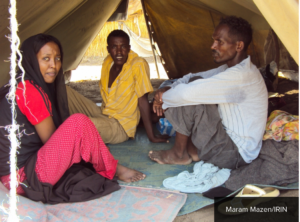 A Win-Win-Lose Deal: Beginning with the Khartoum Process of November 2014, (the meeting that was attended by Eritrea’s National Security Director Abraha Kassa), the European Union has been trying to
A Win-Win-Lose Deal: Beginning with the Khartoum Process of November 2014, (the meeting that was attended by Eritrea’s National Security Director Abraha Kassa), the European Union has been trying to bribe incentivize Sudan and Eritrea to limit migration to Europe by giving funds for “capacity building.” The German Der Spiegel and New Statesman reported on EU plans. Now, it is bearing fruit: both Sudan and Eritrea are increasing border patrol along their common boundary and Sudan is patroling its shared border with Libya. Only one party loses in this win-win deal: the migrants. And, as an Eritrean migrant told Kristy Siegfried, the Migration Editor for IRIN News, “If these people stay in power, there’s no way to stop migration.”
Last year, the Government of Eritrea appeared to be exhausted by persistent claims that it was allowing foreigners to use Eritrean port of Asab. It claimed emphatically: “Eritrea rejects, for the umpteenth time, all false allegations on the military presence of Iranian, Houthi, Israeli or any other external power in its sovereign territories; land and/or maritime….. Eritrea does not allow its islands, ports, and territory for lease or sale. Eritrea reiterates that it is indeed the only country in the region which has not opened its doors for external intervention or military bases since its independence.”
We now know otherwise. We know who is building it (Mega-builder Ramboll), who it is building it for (Al Naboodah of United Arab Emirates), what the project name is (Project Zulu), and what it is: Zulu Airport in Asab. All owned and operated by United Arab Emirates:
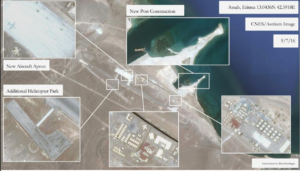
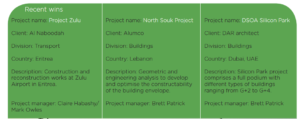
Modern slavery is defined as “situations where one person has taken away another person’s freedom–their freedom to control their body, their freedom to choose or to refuse certain work or to stop working–so they can be exploited. Freedom is taken away by threats, violence, coercion, abuse of power and deception. The net result is that a person cannot refuse or leave the situation.” The Walk Free Foundation, which came up with this definition, publishes the Global Slavery Index. Would it surprise anyone if Walk Free Foundation ranked Eritrea the 17th out of 167 countries surveyed?
[tweetthis] Eritrea This Week: 20160604 [/tweetthis]

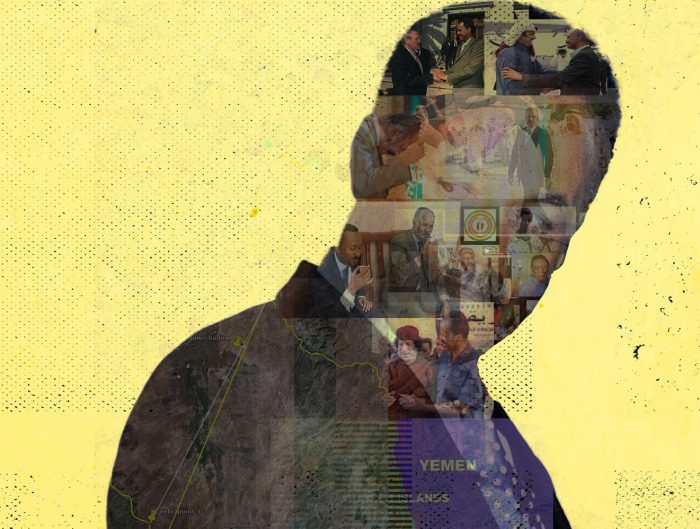
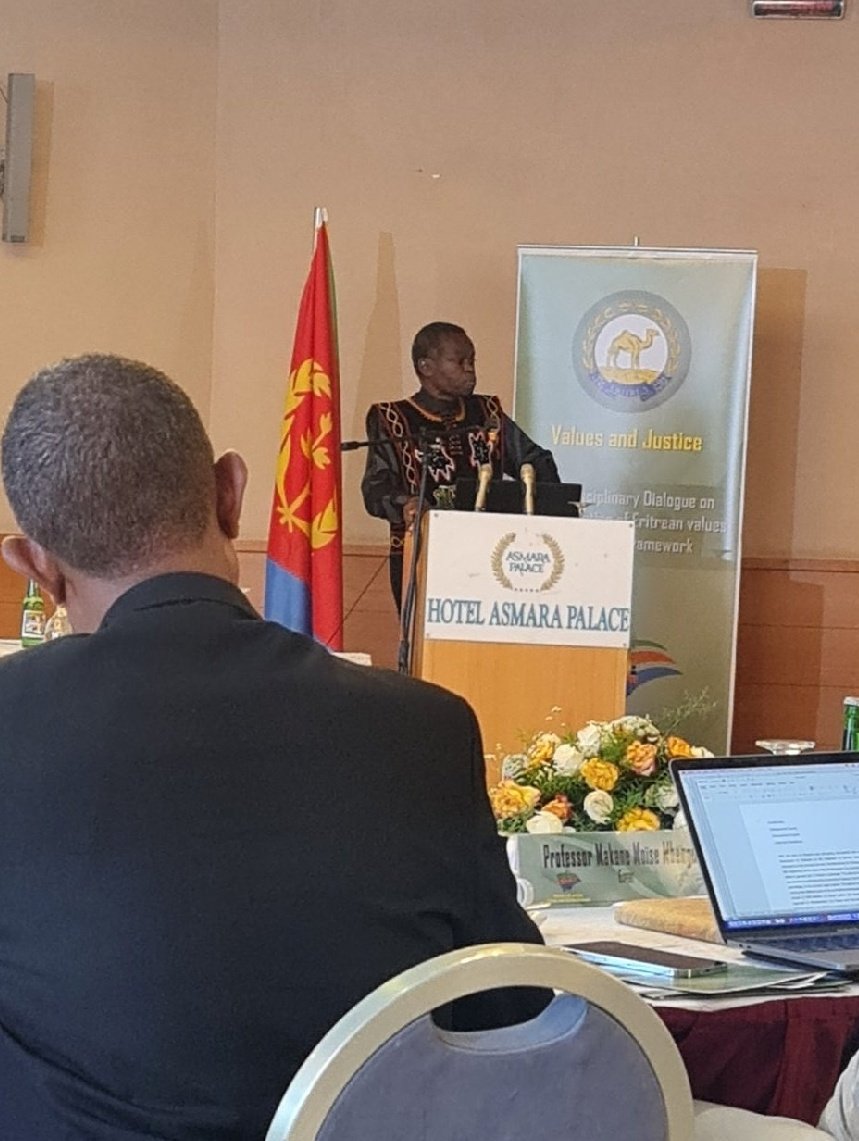
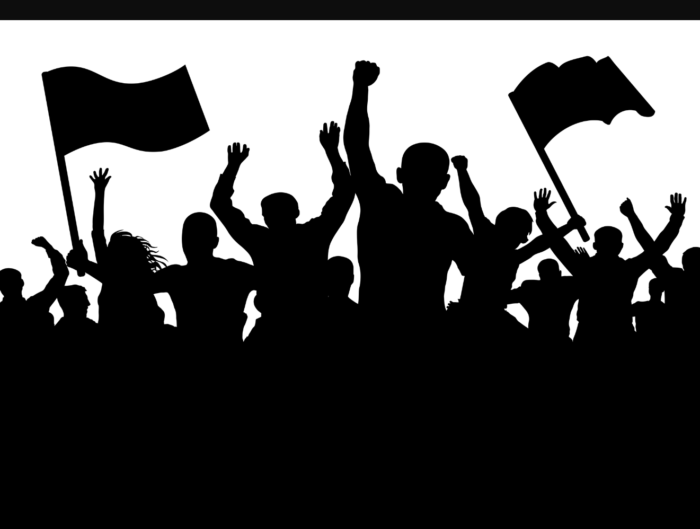
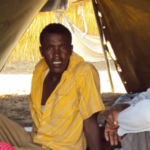
Comment
Dear Eritrea Digest;
Here are some of the faces of those who lost their lives in the Med last week as shared by one Facebooker: https://www.facebook.com/Habiti123